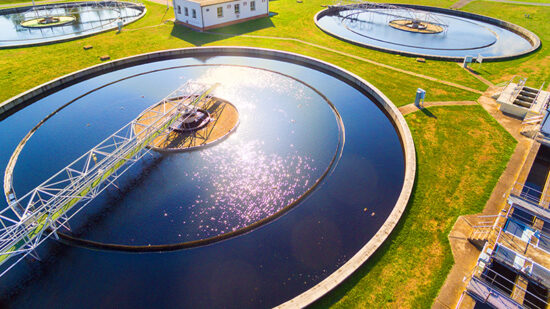Importantly, the new regime removes a distinction between income earned in Jersey and that realised elsewhere, which critics said served as a disincentive for wealthy individuals to keep and invest their wealth on the island.
The changes were approved the States of Jersey, by a vote of 35 to 10.
Under the new 1(1)k regime, new 1(1)k residents will be taxed at 20% on the first £625,000 of all of their worldwide income and 1% on all income thereafter.
They are also required to pay a minimum tax liability of £125,000.
Previously, these 1(1)ks paid 20% on all of their Jersey-sourced income as well as on just the first £1m of their foreign-sourced income. After that, they paid only 10% on the next £500,000, and 1% on the remainder. Additionally, the minimum amount they were required to pay was £100,000.
“The key message is that the island is open for business, and its tax regime for wealthy individuals has been much simplified,” said PwC Channel Islands tax director Garry Bell.
Jersey treasury minister Philip Ozouf said the changes, which are controversial among some Jersey residents – who argue that wealthy individuals should not be given tax breaks – would bring ongoing benefits to the island.
“This change sends a clear signal that the States is committed to promoting investment in Jersey, to encouraging growth in employment and to diversifying the economy.”
Last year Ozouf noted that Jersey’s approximately 130 high-net-worth 1(1)k residents currently contribute “in the region £13.5m” to the government’s coffers annually, an amount equal to 1% of the island’s goods and services tax takings, on top of which they are thought to spend and invest an additional £50m to £70m annually on the island, while also contributing “multiple millions” to local charities.
As a story in International Adviser last year observed, tax cap programmes and similar incentive regimes are often seen as a way of encouraging investment and jump-starting consumption by small jurisdictions, particularly when, as in the case of Jersey and the Isle of Man recently, other sources of revenue have been unexpectedly reduced. (Technically the Jersey scheme is not a proper tax cap because tax liability is not capped, but continues at 1% once the maximum level has been reached.)
Among those jurisdictions with tax caps, or similar, of one kind or another, in addition to Jersey and the Isle of Man, are Guernsey and Gibraltar. Switzerland’s cantons make lump sum tax arrangements with individuals, some of which can be quite generous, while Monaco has few taxes beyond VAT at 19.6%. The Cayman Islands does not levy taxes, but foreigners must obtain work permits.
Recently the UK, where the top rate of income tax is 50%, has shown an interest in attracting wealthy people — those bringing in £10m or more — but plans to do so by proposing to relax immigration rules for them, rather than by giving them tax breaks. Such individuals would qualify for permanent residency within two years.








